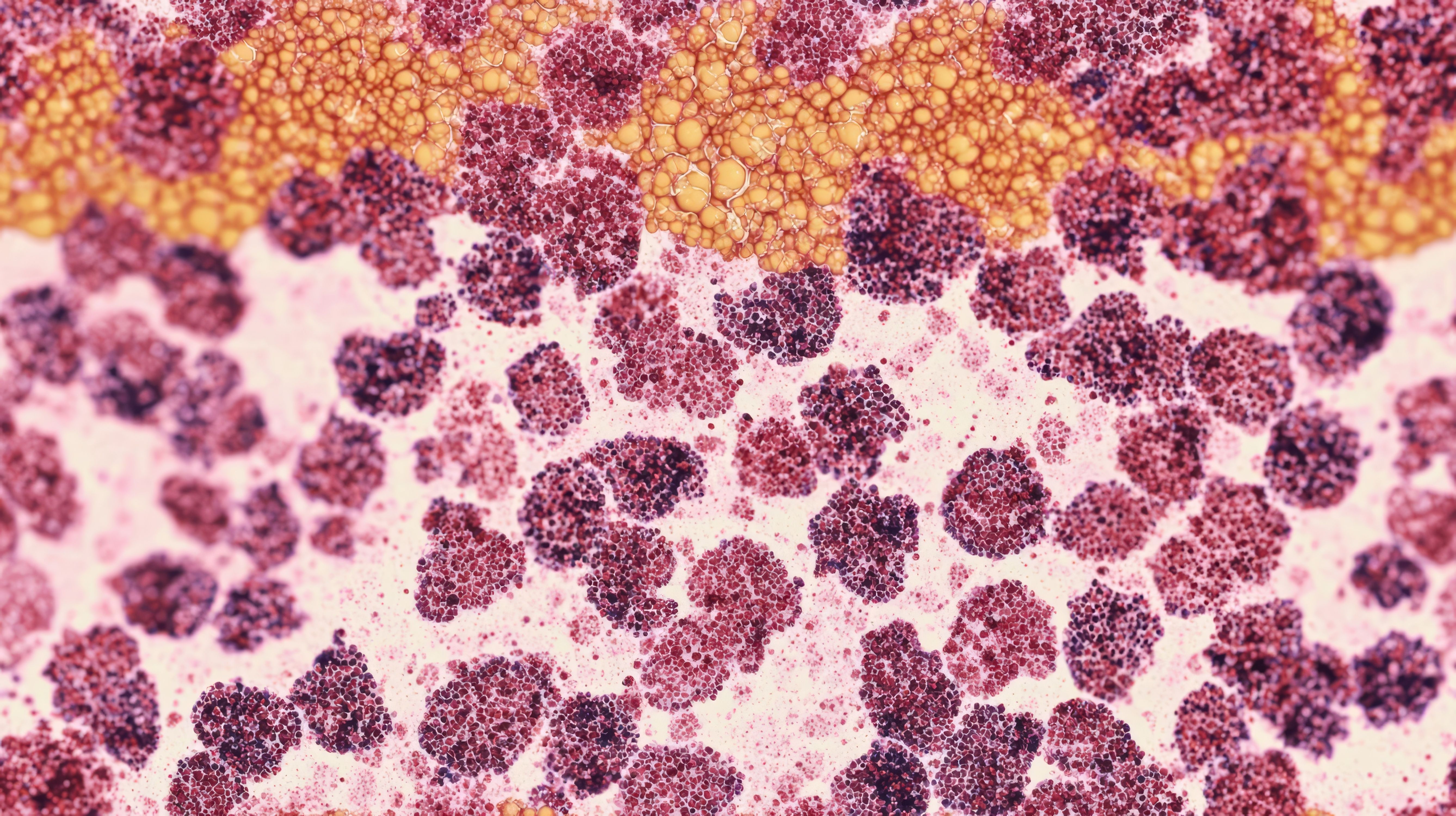News
Article
FDA Approves Methylene Blue Injection for Acquired Methemoglobinemia
Author(s):
Key Takeaways
- Methylene Blue Injection, USP, is FDA-approved for acquired methemoglobinemia, enhancing treatment options for this rare blood disorder.
- Methemoglobinemia involves elevated methemoglobin levels, impairing oxygen delivery due to iron oxidation in hemoglobin.
Methemoglobinemia is a blood disorder that affects proper release of oxygen around the body.
Methylene Blue Injection, USP (Nexus Pharmaceutical, LLC) received FDA approval as an oxidation-reduction agent for patients with acquired methemoglobinemia (MetHb). Methylene Blue was first approved in 2016 under the brand name ProvayBlue (Provepharm SAS). Methylene Blue, USP50 mg/10 mL (5 mg/mL) (0.5%) will be available in cartons of 5 10 mL single-dose vials.1,2
Vial of methylene blue solution | Image Credit: © Sanhanat - stock.adobe.com

“We are pleased to strengthen the supply of an AP-rated and TIAA compliant Methylene Blue Injection,” Sridhar Desikan, chief scientific officer at Nexus Pharmaceuticals, said in a press release.2
MetHb is a rare, serious blood disorder characterized by the abnormal production of methemoglobin, a hemoglobin derivative that results from oxidation of iron in the heme molecule, which interrupts proper release of oxygen to bodily tissues. It results from presence of iron in the oxidized ferric form (Fe3+) instead of the usual reduced ferrous form (Fe2+), resulting in methemoglobin levels higher than 1% in red blood cells (RBCs). MetHb is an inheritable condition or may be caused by exposure to specific medications including benzocaine (Benzodent; Focus Consumer Healthcare LLC), dapsone (Aczone; AbbVie), or sulfonamides.3,4
Inherited MetHb is divided into 2 types: type 1 occurs when RBCs lack the enzyme cytochrome b5 reductase, a gene that causes the condition; and type 2, which occurs when the enzymes do not properly function. Acquired MetHb is more common than the inheritable MetHb. Symptoms of MetHb differ depending on the type. Patients with type 1 typically present with bluish coloring of the skin, or cyanosis. Type 2 MetHb is associated with developmental delays, intellectual disability, and seizures. Similar to type 1, acquired MetHb also causes cyanosis, as well as symptoms of headache, giddiness, fatigue, and shortness of breath.4
There are a few therapeutic options for patients with MetHb including Methylene Blue, ascorbic acid, hyperbaric oxygen therapy, and RBC transfusion. Methylene Blue is an injection used to treat severe MetHb. It reduces the oxidized form of f hemoglobin Fe3+ when in a state of methemoglobinemia to Fe2+, increasing the oxygen-binding capacity of hemoglobin.4,6
The FDA approval of Methylene Blue injection expands available treatment options for patients with MetHb. The decision underscores the need for effective therapies in this patient population, ensuring better management of MetHb and overall health outcomes.
REFERENCES
1. Provepharm receives fda approval for marketing of provayblue (methylene blue) injection. BioSpace. May 11, 2016. Accessed November 27, 2024. https://www.biospace.com/provepharm-receives-fda-approval-for-marketing-of-provayblue-methylene-blue-injection
2. Nexus pharmaceuticals receives fda approval for methylene blue injection, usp. Business Wire. November 26, 2024. Accessed November 27, 2024. https://www.businesswire.com/news/home/20241126092340/en
3. Methemoglobinemia. Medscape. December 7, 2023. Accessed November 27, 2024. https://emedicine.medscape.com/article/204178-overview
4. Methemoglobinemia. MedlinePlus. April 29, 2022. Accessed November 27, 2024. https://medlineplus.gov/ency/article/000562.htm#:~:text=Methemoglobinemia%20(MetHb)%20is%20a%20blood,is%20a%20form%20of%20hemoglobin
5. Amenhotep, Z. Chapter 25 - Hematology and coagulation. Self-Assessment Q&A in Clinical Laboratory Science. September 11, 2020. doi:10.1016/B978-0-12-822093-1.00025-9
6. Bistas E, Sanghavi DK. Methylene blue. StatPearls [Internet]. June 26, 2023. https://www.ncbi.nlm.nih.gov/books/NBK557593/
Newsletter
Stay informed on drug updates, treatment guidelines, and pharmacy practice trends—subscribe to Pharmacy Times for weekly clinical insights.






